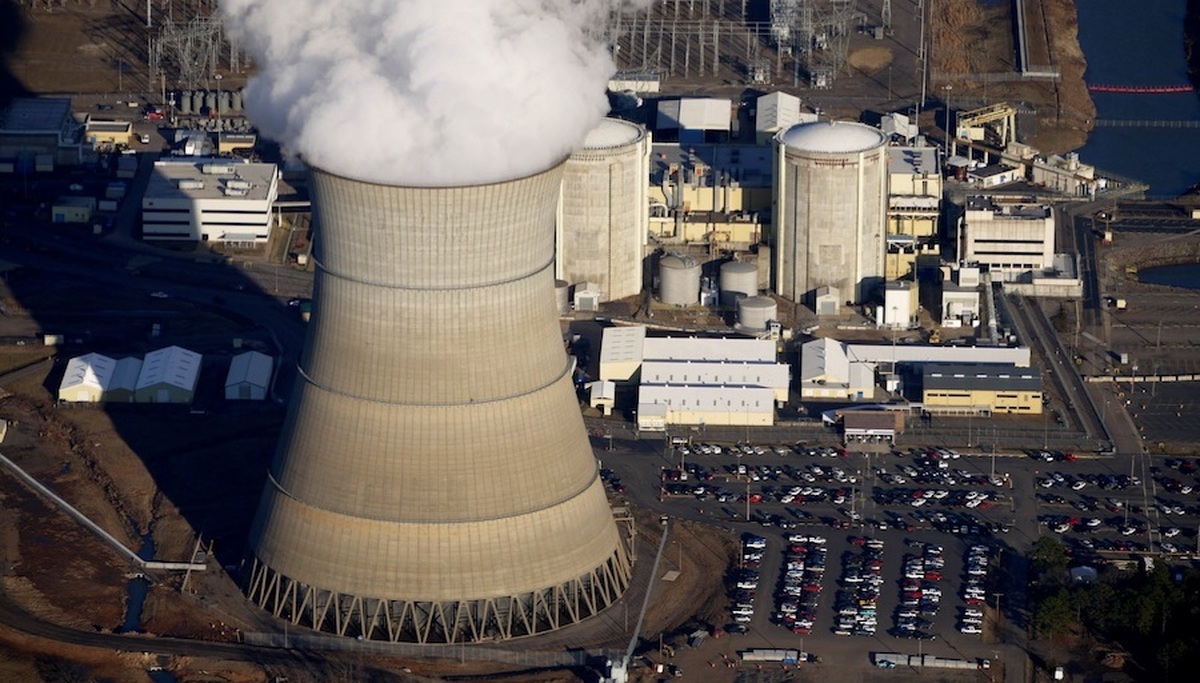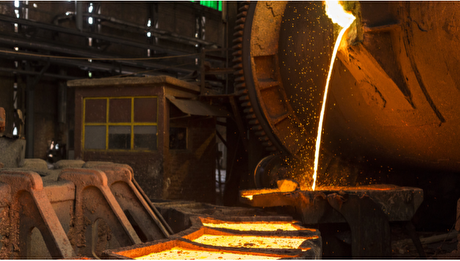
Toshiba in Multibillion-Dollar Loss on US Nuclear Acquisition
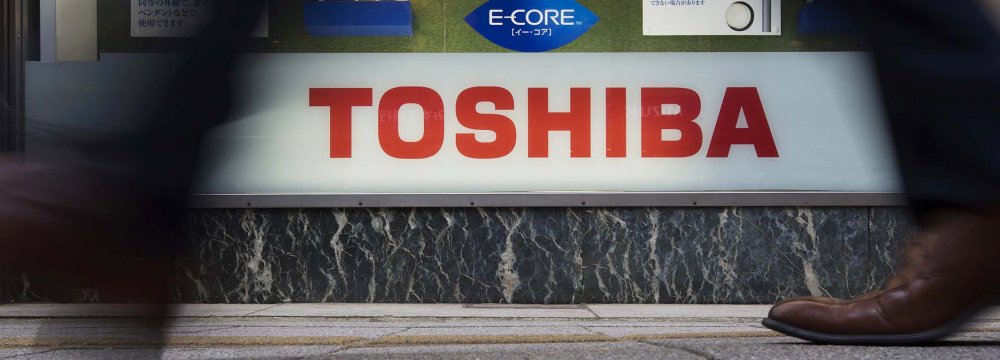
The Japanese group said cost overruns at US power projects handled by a nuclear construction business newly acquired from Chicago Bridge & Iron (CB&I) would be much greater than initially expected, potentially requiring a huge writedown, Reuters reported.
Big losses would be another slap in the face for a sprawling conglomerate hoping to recover from a $1.3 billion accounting scandal as well as a writedown of more than $2 billion for its nuclear business in the last financial year.
Tom O'Sullivan, a former investment banker and founder of energy consultancy Mathyos Japan, noted the acquisition coincided with the finalizing of a record fine by Japanese regulators for accounting irregularities at Toshiba.
"This indicates that corporate governance controls at one of Japan's largest and most consequential companies may have been extremely weak," he said, adding the developments may further undermine confidence in Toshiba and significantly weaken its international nuclear credentials.
Shares in Toshiba, which remains on the Tokyo bourse's watchlist due to concerns about the firms' internal controls, finished 12% lower after the company flagged the announcement on Tuesday.
Toshiba, led by new CEO Satoshi Tsunakawa, has positioned its nuclear and semiconductors businesses as key pillars of growth while seeking to scale down less profitable consumer electronics units such as personal computers and TVs.
Masahiko Ishino, an analyst at Tokai Tokyo Research Center, said the focus may soon shift to whether Toshiba will divest some of its businesses.
"There will be a lot of companies that want to buy Toshiba's businesses," Ishino said. "It is possible that its NAND flash memory business would attract various buyout offers as there are few players in the market."


Samarco gets court approval to exit bankruptcy proceedings
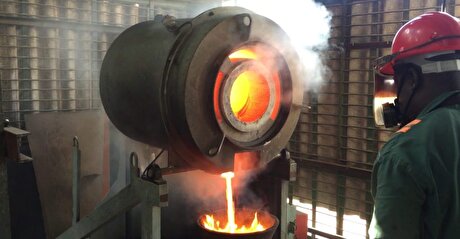
Zimbabwe labs overwhelmed as gold rally spurs exploration, miner says
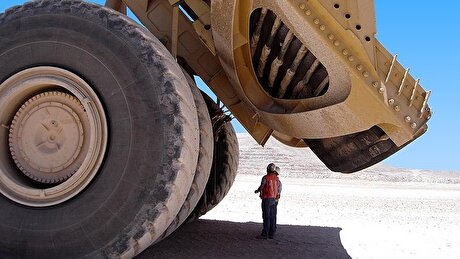
Cochilco maintains copper price forecast for 2025 and 2026

Gold price stays flat following July inflation data

Mosaic to sell Brazil potash mine in $27M deal amid tariff and demand pressures

Glencore seeks $13 billion in incentives for Argentina copper projects

HSBC sees silver benefiting from gold strength, lifts forecast
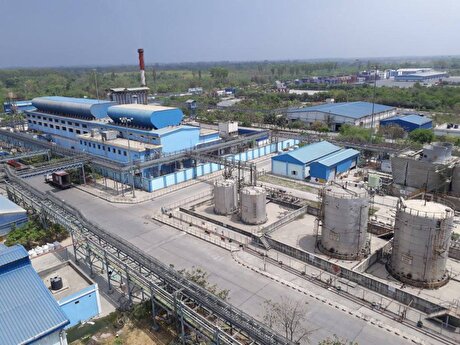
Hindustan Zinc to invest $438 million to build reprocessing plant

Samarco gets court approval to exit bankruptcy proceedings

Abcourt readies Sleeping Giant mill to pour first gold since 2014

Roshel, Swebor partner to produce ballistic-grade steel in Canada

EverMetal launches US-based critical metals recycling platform

Iron ore price dips on China blast furnace cuts, US trade restrictions

Afghanistan says China seeks its participation in Belt and Road Initiative

Gold price edges up as market awaits Fed minutes, Powell speech

Flash Metals USA advances critical minerals recovery plant in Texas

Glencore trader who led ill-fated battery recycling push to exit

US hikes steel, aluminum tariffs on imported wind turbines, cranes, railcars
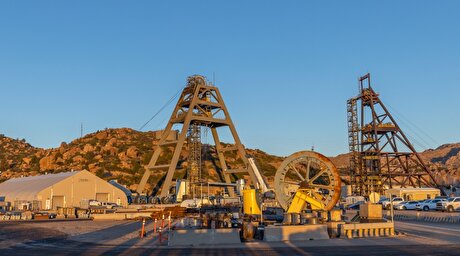
US appeals court temporarily blocks land transfer for Resolution Copper

Abcourt readies Sleeping Giant mill to pour first gold since 2014

EverMetal launches US-based critical metals recycling platform

Iron ore price dips on China blast furnace cuts, US trade restrictions

Afghanistan says China seeks its participation in Belt and Road Initiative

Gold price edges up as market awaits Fed minutes, Powell speech

Flash Metals USA advances critical minerals recovery plant in Texas

Glencore trader who led ill-fated battery recycling push to exit

US hikes steel, aluminum tariffs on imported wind turbines, cranes, railcars

US appeals court temporarily blocks land transfer for Resolution Copper

